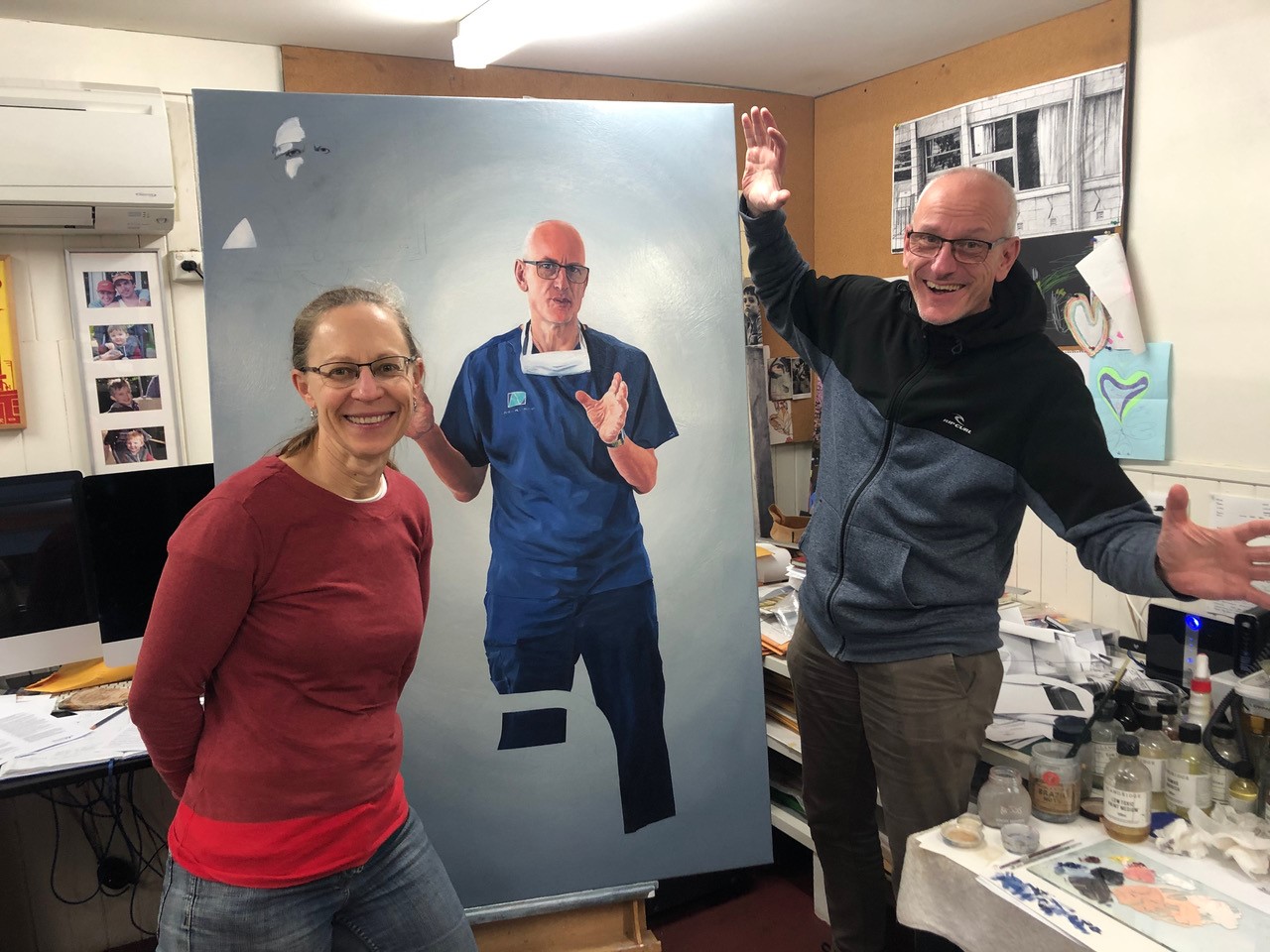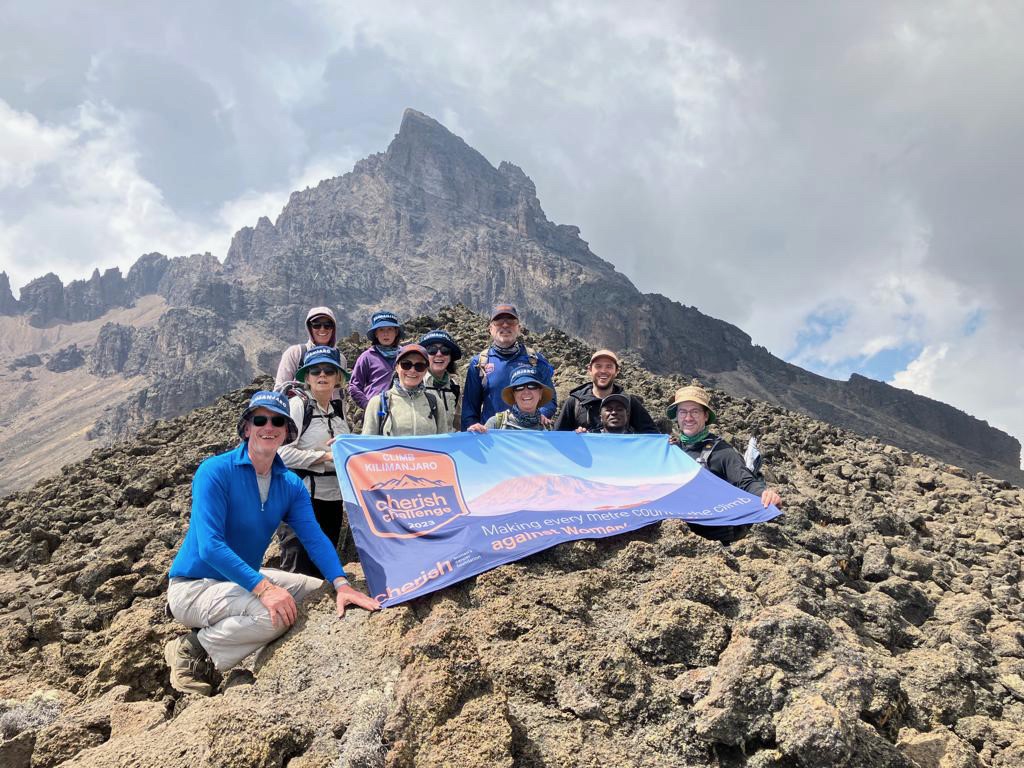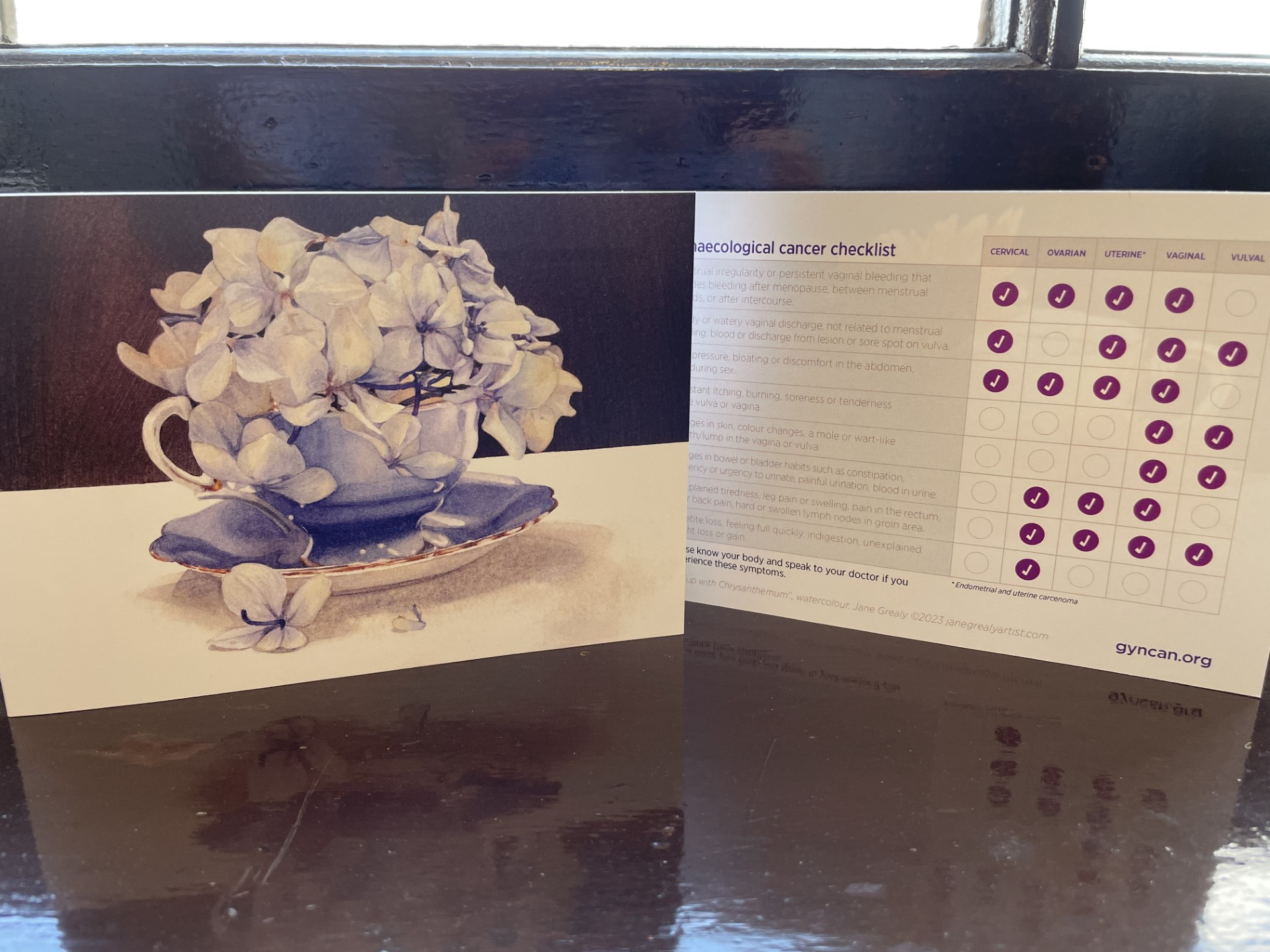Header image: Lara Furst Photography
Jane Grealy is a woman with a plan. Actually, at the moment, she’s a woman with several plans. After an operation to remove her ovarian cancer, Jane knew she wanted to do something to help others in her position.
“I was very alert to the fact that while I had a good prognosis, the women in hospital with me were having similar operations and some would not survive,” says Jane.
“Not because I was a particularly good person, or especially fit or healthy or whatever. I was just fortunate. And I knew that these other people, through no fault of their own, would perhaps be less fortunate.”
“I'm not particularly wealthy. I'm not particularly intelligent. But I knew I would take any opportunity to make the odds better for people.”
Jane’s surgeon, Professor Andreas Obermair of the Queensland Centre for Gynaecological Cancer Research, explains: “Ovarian cancer accounts for more deaths than any other gynaecological cancer and rates are going up. It can be particularly difficult to diagnose, largely because the symptoms can be vague or mimic other illnesses.”

On her mission to raise awareness and funds for gynaecological cancer research and treatments, Jane’s first action was to paint a portrait of Professor Obermair.
“I wanted to know what drives him,” Jane explains.
“We would discuss it while he was sitting for me and he said he took inspiration from many places, his patients, a research paper, something his wife says. Then everything will come together, and he has an idea. I thought immediately, he's a creative person. He's thinking just like me when I’m creating a portrait.”
Jane’s painting was a finalist in the Brisbane Portrait Prize and she set a challenge. If $20,000 was raised to support research at QCGC, she would gift the artwork to UQ. Supporters rose to the occasion, and the portrait now hangs proudly in the UQ Centre for Clinical Research.
Since then, Jane’s dedication has only increased. She organised Bolted, an annual fundraising event billed as an alternative to the Melbourne Cup, now in its third year. And climbed Mount Kilimanjaro in September on behalf of Cherish Women’s Cancer Foundation, who fund clinical research into better gynaecological cancer treatments. She undertook the trek with her daughter and daughter in law, who is also a gynaecological cancer survivor, and her 11-year-old granddaughter.
“She's the youngest Australian to have done it and we may not have ever had three generations of women doing it either,” Jane says.

But, arguably Jane’s most wide-reaching project, is the symptom checker she has designed and gives out at every opportunity.
“We’d included QCGC symptom checkers at our events with the various symptoms for different gynaecological cancers. One woman took one home, looked at it for a while then went to speak with her doctor because she was worried. She was diagnosed because of that card.”
Jane explains that she wanted to make the checkers as accessible and attractive as possible, so more people would take them home. Designed with a teacup on the front, the new postcard opens to reveal the symptom checker and is easy for people to take home and stick on noticeboards or fridges. “Within 5 days of my first print run, the whole thousand was gone,” says Jane.
Since then, Jane has distributed the checkers at galas and events, at physiotherapy centres for cancer patients, to girls in school and even to men on the street. She’s spoken to Ministers about arranging to have them distributed more widely and hosted a morning tea event in September to raise their profile among even more women.
“They should be free and they should be available to everyone,” Jane says.
“There should be no stigma or cost involved because the more we can give out the more people will be empowered with that knowledge. Research into vaccines and treatments is coming but it takes time. Raising awareness and aiding early diagnosis is something we can do now to improve survival.”

When Jane first met with her surgeon, she asked about her prognosis. Professor Obermair gave a sensible caution against speculating, “We will not talk about what we do not know.” However, thanks to the enormous fundraising efforts of Jane and others, the Queensland Centre for Gynaecological Cancer knows far more than we ever have about gynaecological cancers, and is able to save and improve many more lives with that knowledge.
If you’re inspired by Jane’s story and want to help, donate now
You can make your donation go even further with our Giving Day partner, Cherish Women's Gynaecological Cancer Foundation. Cherish have agreed to match all donations between October 4 and 18, up to the total value of $10,000. Help us meet this target and donate now to support better and kinder treatments for gynaecological cancers.
